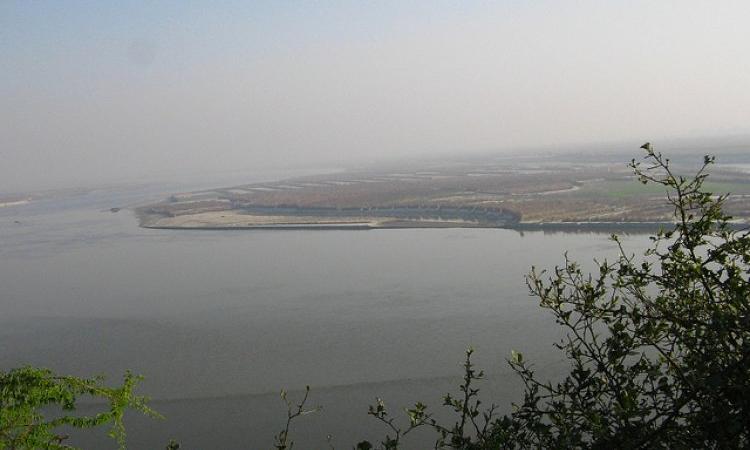
Ganga polluted with heavy metals and pesticides: CPCB
According to a recent report by the Central Pollution Control Board (CPCB) on contamination of the Ganga, the river water has the presence of bacterial contamination besides traces of pollutants like heavy metals and pesticides. There are nearly 1,072 highly polluting industries from Haridwar to Kanpur releasing heavy metals and pesticides into the river, CPCB informs National Green Tribunal. CPCB has already directed these industries to achieve Zero Liquid Discharge.
Monsoon five percent below normal
As against the earlier predictions of five to six percent of surplus rainfall this monsoon, the season’s total rainfall as of now is five percent below normal. In September, the rainfall has been 19 percent deficient except in the east and the northeast India, where the downpour was 66 percent in excess. However, the crops and reservoirs are in good shape and the agriculture experts are positive about the overall farm situation.
Northern railways admits to flawed water quality monitoring procedure
Drinking water supplied by the railways in the northern states is contaminated with bacteria found in human excreta. Also, for the first time, the railways have admitted that the water quality monitoring procedure it followed was flawed as it considered up to 10 units of thermotolerant coliform bacteria (TCB) in 100ml samples as being permissible. Half out of 541 water chlorination plants in the northerzone are not functioning and that has been cited as the reason for contamination.
SAUNI project reunites families
The Saurashtra Narmada Avtaran Irrigation Yojna (SAUNI) is helping thousands of Gujarati men, who had migrated in search of livelihoods, return home. The project worth Rs 12,000 crore plans to fill up 115 dams of the region with excess run-off water from the Sardar Sarovar Dam across Narmada river. Although the project promises water to over 900 villages across the Saurashtra region, the experts are skeptical about this project as such schemes had failed the world over.
Bengaluru wastes half of the received water
Although Karnataka is locking horns with Tamil Nadu over Cauvery water sharing, an analysis of the water-use data has shown that the state’s capital wastes 50 percent of the water it receives. Bengaluru is second to Kolkata in water wastage while the water loss for New Delhi is 26 percent, Chennai 20 percent and Mumbai is at the bottom with 18 percent of loss. The wastage has been attributed to damages and leakages in the water supply system and unauthorised water connections.
This is a roundup of important news from September 10 - 17, 2016. Also read last week's policy matters.
/articles/heavy-metals-and-pesticides-pollute-ganga-cpcb